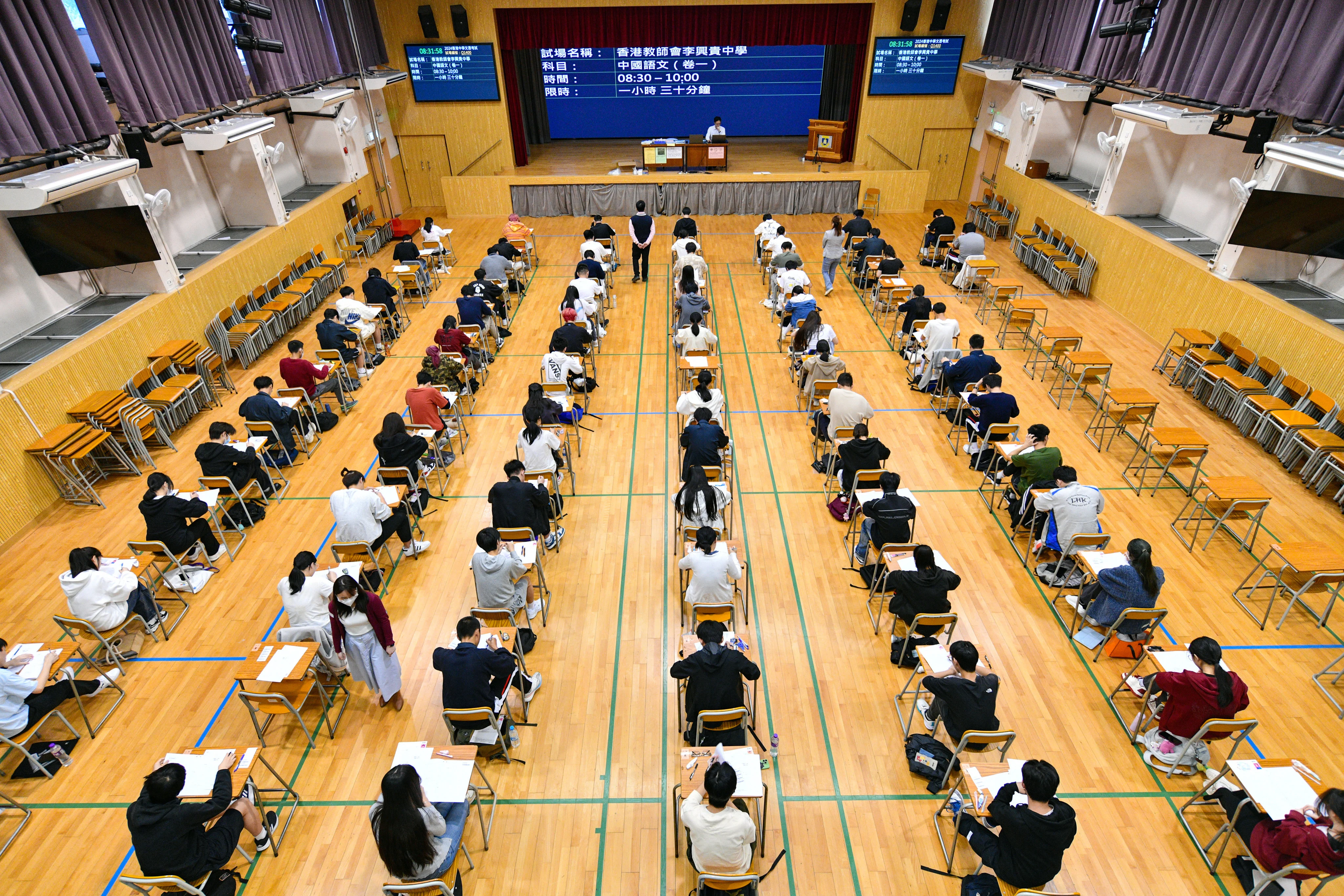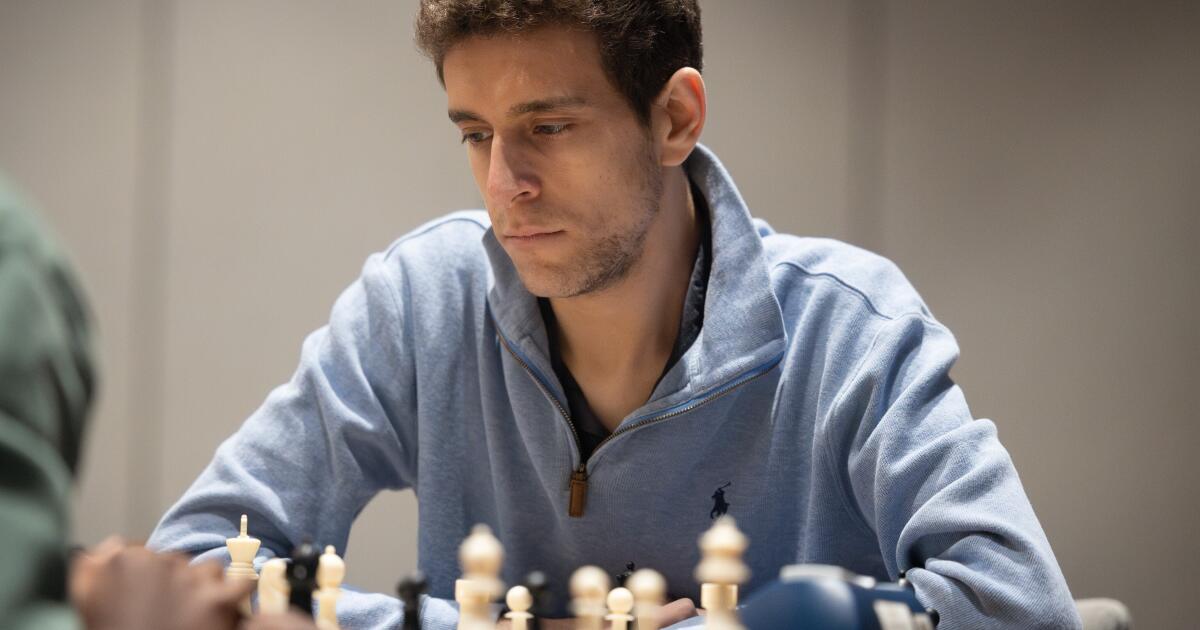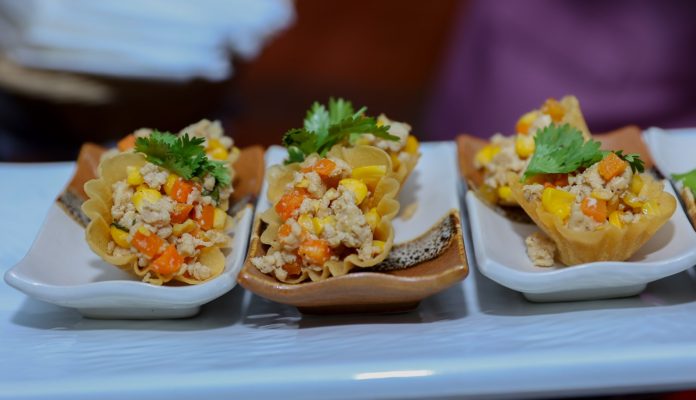Copyright scmp

Seven of Hong Kong’s eight publicly funded universities have admitted a smaller proportion of students who took the local school curriculum over the past decade, while increasing their intake of those who sat international exams, official statistics show. The only one institution to buck the trend is the Chinese University of Hong Kong (CUHK), where the proportion of local students who sat the Diploma of Secondary Education (DSE) has increased during the same period. The Post analysed the latest admissions data published by the University Grants Committee (UGC), a government advisory body responsible for allocating funding to higher education institutions. The data outlined the academic qualifications of first-year students admitted to the eight public universities over the past decade. Among the 15,000 to 16,000 students enrolled annually at all eight public universities, 80 per cent were admitted via the DSE route in the 2015-16 academic year. This figure gradually declined to a record low of 74 per cent in 2024-25. The drop equates to around 500 fewer DSE students being admitted to public universities in 2024-25 compared with 2015-16. All DSE students must apply through the Joint University Programmes Admissions System (Jupas) to enrol in the city’s public universities. Local students studying the DSE curriculum in public schools are exempt from paying tuition fees for their secondary education. Students following non-local curriculums, such as the International Baccalaureate (IB), GCE A levels or International A levels, must pay tuition fees at international, private or semi-private schools, with annual fees ranging from around HK$30,000 (US$3,860) to more than HK$200,000. The number of such students who entered the public universities rose from 390 to 930 over the decade, marking a nearly 140 per cent jump. At the University of Hong Kong (HKU), around 13 per cent of first-year undergraduates were admitted through the non-Jupas route in 2015-16, but this proportion soared to 30 per cent in 2024-25 – the largest increase among all institutions. The share of HKU freshmen admitted via Jupas fell from 79 per cent in 2015-16 to 67 per cent in 2024-25, representing 331 fewer students admitted through this route over the decade. This decline placed HKU second last in terms of the percentage of Jupas-admitted students, ahead of only the Education University of Hong Kong (EdU), which traditionally enrols many students with sub-degree qualifications and where only about 40 per cent of freshmen had taken the DSE. A similar trend was observed at the Hong Kong University of Science and Technology (HKUST). Around 84 per cent of first-year students came through Jupas a decade ago, but this fell to an all-time low of 73 per cent in 2024-25. The proportion entering via non-Jupas routes rose from less than 10 per cent in 2015-16 to 23 per cent in 2024-25. Polytechnic University, Baptist University, City University, Lingnan University and EdU all admitted a smaller proportion of Jupas-route students in 2024-25 compared with 2015-16. CUHK was the only public university to record an increase in the proportion of Jupas-route students – from 86 per cent in 2015-16 to 87 per cent in the most recent academic year. The percentage of non-Jupas freshmen remained steady at around 11 per cent, while the number of people admitted with sub-degree qualifications was also consistent throughout the decade. During an admissions talk for prospective undergraduates on October 10, Andy Wong Ka-chat, director of admissions and financial aid at CUHK, said the university remained committed to offering opportunities to those from all walks of life. “Students who sit the DSE come from different sectors of the community. Some are rich, some may be like me coming from low-income families,” he said, adding that CUHK admitted nearly all students who ranked it among their top three Jupas choices. “The DSE and Jupas give educational opportunities to students coming from different backgrounds to change their lives,” he said. “We will stay committed to students from the Jupas route; we will continue to suitably offer our places to support our DSE students.” Jimmy Fung Chi-hung, HKUST’s associate provost for teaching and learning, said the university was committed to a fair and merit-based admissions process for all applicants, whether through the Jupas or non-Jupas routes. “Our individual programmes may use tailored selection strategies to identify candidates whose specific strengths and potential best fit their unique academic goals,” he said. HKU has been approached for comment.



